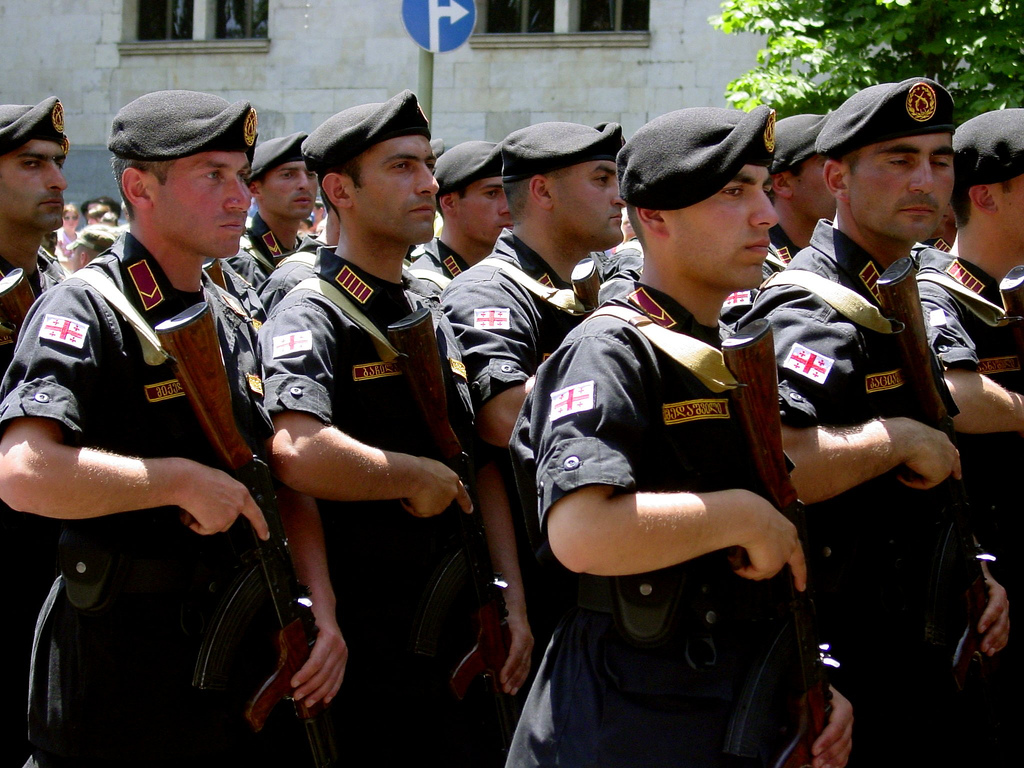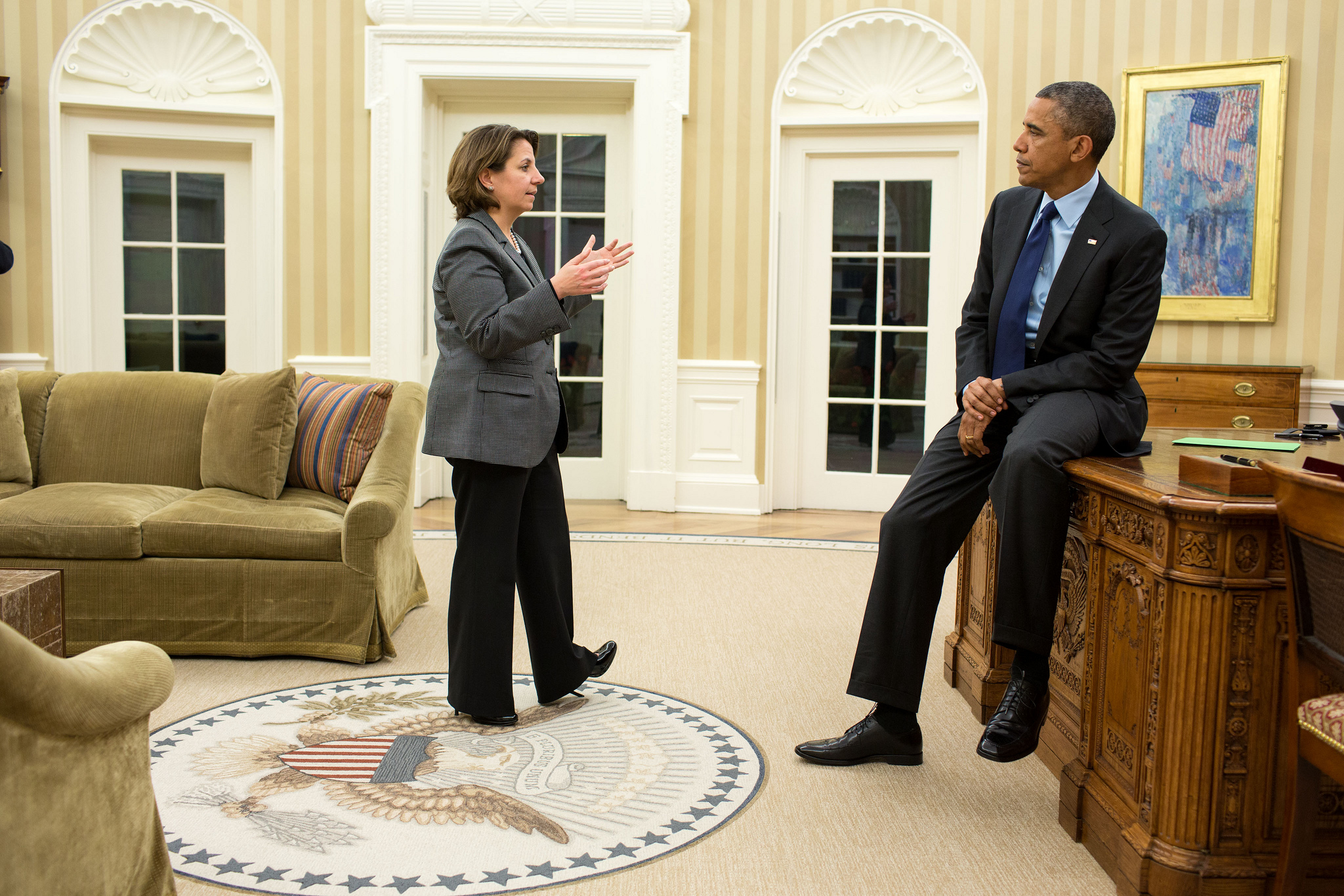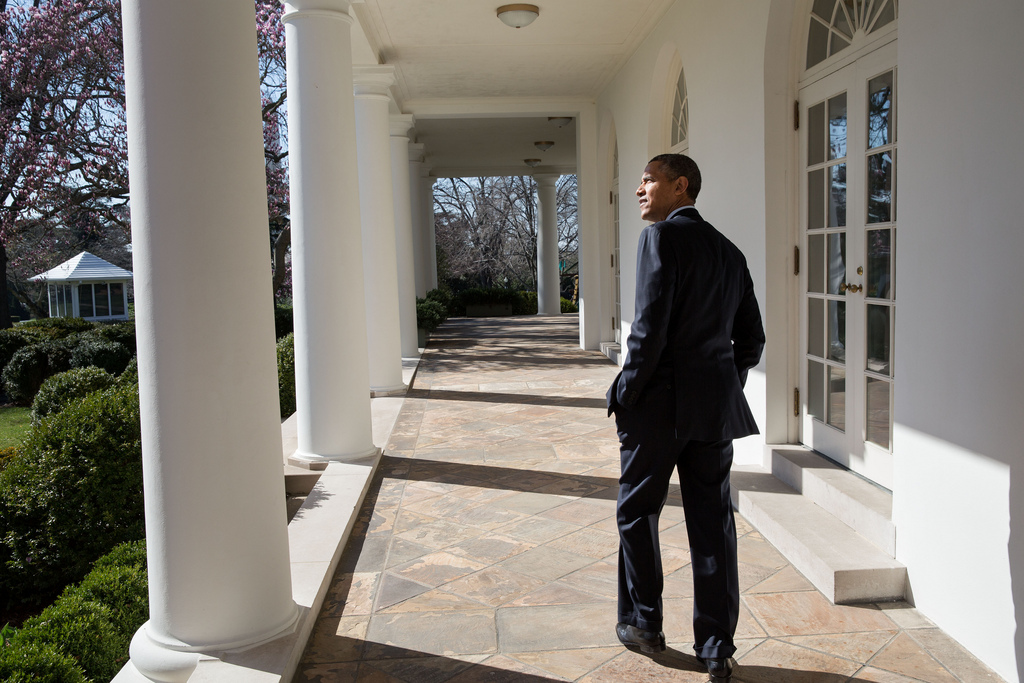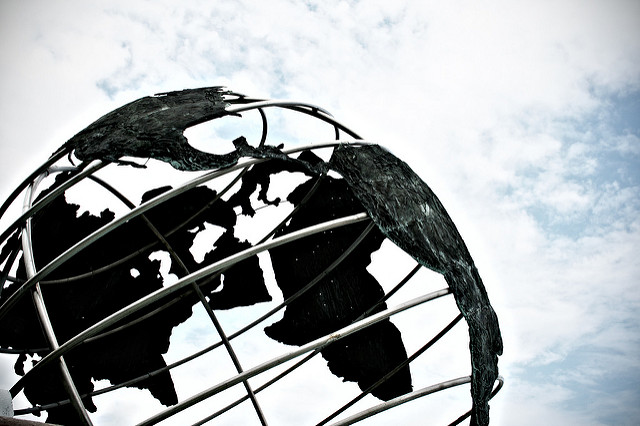By Jesse Driscoll & Barbara F. Walter
Washington would love to figure out how to put an end to the civil wars in Syria, Iraq, Libya, and Yemen. The longer the civil wars continue, the more people will be killed, the more refugees will be produced, and the more potential gains extremists can make.
Washington, however, doesn’t have many good options. The conditions conducive to negotiated settlements don’t exist. Proxy funding from various regional powers shows no sign of slowing, leading warring parties to believe that victory on the battlefield is possible. No one has an interest in negotiating a settlement at this time. The US could continue to try to fund friendly governments and moderate rebel groups. But this strategy is only likely to prolong the civil wars and channel money into the hands of some unsavory characters. Finally, the US could, in theory, ignore the humanitarian costs of the wars and retreat behind its oceans. But the global price of oil and the future of the nuclear nonproliferation regime are going to be tied to this region for the foreseeable future. We would like the wars to end, but we don’t know how to do it.
Russians experienced a similar dilemma in the early 1990s. Exhausted by the burdens of empire and Marxist/Lenonist ideology, the Soviet Union imploded. After the Russian military pulled back from Eastern Europe, the Caucasus, and Central Asia, civil wars broke out in approximately a third of the newly independent states. These were ugly, brutal civil wars that generated refugee flows and human suffering analogous to what is currently happening in the Middle East.
Russia wanted and needed to end these wars. Acting through the United Nations and the Commonwealth of Independent States, Moscow ended the violence relatively quickly. This result – which saved many lives – was not achieved because Russia followed through on “liberal peace-building” prescriptions (see Doyle and Sambanis 2006). It was also not achieved because one side won a decisive military victory that allowed it to disarm its challengers by creating a reformed and professional military (e.g., Toft 2009).
What did Russia do?
Consider the cases of Georgia and Tajikistan. What interested Moscow, and what their policies incentivized, was the creation of a minimum threshold of stability and order. Certain “red lines” were improvised ad hoc, such as no Islamic fundamentalist regime in Tajikistan, no direct Georgian rule over the ethnic Abkhaz in their autonomous republic. In retrospect, however, it’s clear that Moscow didn’t have the will or capacity to create a specific type of political system, or hand-pick a set of post-independence elites, or institute a particular set of political or military reforms in any of these states. It’s equally clear that strategic Georgian and Tajik social actors quickly understood this.
Russians realized that the only way to get peace was for new national elites to selectively co-opt criminal paramilitaries and rebel field commanders to form new state security services. Deals would have to be made with local gangsters who turned out to be relatively interchangeable. Tajik warlords, for example, could be “bought out” by the new government whether they had fought for or against the government during the war. Rebels were not so much fighting over control of the state, but about who would be allowed to keep control of assets that could be used for extortion: militias, roadblocks, and territorially-based racketeering schemes. The deals that were made weren’t pretty, but they brought peace.
What does this tell us about the possibility of peace in Syria, Iraq, Yemen, and Libya today? The analogy between Russia’s role in the post-Soviet world and America’s in the Middle East is not perfect. For one thing, both Georgia and Tajikistan were in Russia’s traditional sphere of influence, and, for this reason, neither civil war developed a significant “proxy war” dynamic. The United States is also a long way from the Middle East and thus more insulated from its negative effects. In principle, refugees from the post-Soviet wars could get in a taxi or on a train and end up in St. Petersburg in a few days; Syrians, Iraqis and Yemenis cannot reach Los Angeles as easily. There are also salient differences in American and Russian cultural values that made it (and continue to make it!) easier for Russian elites to see corrupt dictatorships as “natural” political outcomes.
But there are also three potential lessons to draw from these cases.
First, Russians understood that local politics, not great power preferences, would need to dictate who would be part of the post civil war coalition. Powerful and ruthless local actors – criminal warlords, militia leaders, party bosses, and sometimes clerics – are going to be the ones in the position to undermine local order. Some of these unsavory characters, therefore, are going to have to be brought into any ruling coalition. In the medium term, which individuals will emerge as the local strongman in a particular neighborhood or rural area, functionally immune from prosecution, will be hard for outsiders to predict. Deals are likely to be ambiguous and messy, and often require compromising on American ideals. But accepting amoral ambiguity of this kind may be the best of many bad outcomes.
Second, war criminals in the post-Soviet cases were permitted to rehabilitate themselves rather than fight a war of attrition to the bitter end. It is not pleasant to contemplate a future Syrian state whose security forces are penetrated with Iranian-funded militias or a future federated Iraqi state, part of which is functionally administered by former Baathists who are now co-branding with ISIS. But again, unless the map is to be completely re-drawn, these may be better than the feasible alternatives.
Third, rebel and militia leaders have strong incentives to claim, if only for the benefit of the young men who serve as their recruits, that they are fighting for a particular ideology or worldview. Sometimes this is sincere. But sometimes it’s cheap talk. Many of the rebel leaders in the post-Soviet wars were ultimately bought off with political power and personal wealth. Deals that allowed them to keep local drug routes, maintain some policing of rural fiefdoms or keep militias while managing lucrative state ministries were the price necessary to buy peace. Although this is clearly a moral compromise, it may only be temporary. Many criminals and warlords were eventually pushed out of both the Georgian and Tajik states. As anarchy faded and order re-emerged, social support for the warlords declined, and most of the warlords were eventually eliminated.
Adopting these lessons doesn’t guarantee long-term peace. The best way to reduce the risk of renewed civil war is to encourage good government: quality public services, the rule of law, and ethnic pluralism. But the emergence of effective and unbiased governance takes a lot of time and luck. This means that in the short-term, bargains with armed groups and local political actors may be a necessary interim step between war and the creation of a fully legitimate, functioning government. Given the alternatives, however, interim order may be preferable to continued civil war.
Jesse Driscoll is an Assistant Professor at the School of Global Policy and Strategy. His book, Warlords and Coalition Politics in Post-Soviet States, can be purchased on Amazon.








2 comments
That’s an interesting idea. I would have proposed that fostering stability as a value in itself is a lesson to at least consider. Or is the value of stability something that is determined on a case-by-case basis, and subordinated to the the concept of being amorally rational?
If Georgia or Chechnya were located in Mexico, with the flow of refugees directed at the US, would the amorally calculating Russian foreign policy leadership still conclude that stability is more valuable?
If Assad and ISIS were located in Mexico, with the flow of refugees directed at the US, would a putatively idealistic pro-human-rights US foreign policy leadership conclude that letting them fight it out is better than making compromises in the interest of stability?
In short, if one takes the position of amoral rationality, then is it still true that there are any lessons for foreign policy leaders to learn?